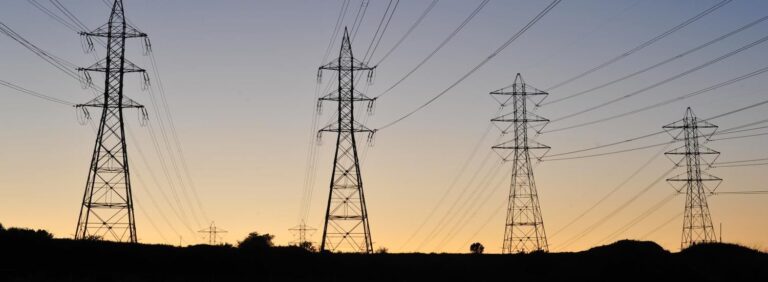The University of Colorado Boulder has developed a machine learning forecast approach that gives power transmission operators the ability to predict space weather-induced disruptions caused by geomagnetically-induced currents to the power grid an hour in advance.
This is a significant improvement in space weather forecasting capabilities that will enable power companies to better protect the grid and help them avoid power failures in the event of a geomagnetic storm.
“It’s like an early-warning system for the power system,” said Andong Hu, a space weather researcher who presented the work at the American Geophysical Union’s 2023 Fall Meeting in San Francisco. “This means we might be able to better prepare for the impact of space weather on our critical infrastructure during storm events.”
Geomagnetically-induced currents are electric currents at the Earth’s surface that are triggered by changes to the Earth’s magnetic field due to space weather events like coronal mass ejections. These currents can affect electric power grids, oil and gas pipelines, and other human-made structures. In 1989, geomagnetically induced currents triggered a massive power outage in Quebec, Canada. As a result, an estimated six million people lost power for nine hours. Since then, power companies in North America and elsewhere have invested in mitigation strategies for geomagnetically induced currents, and space weather forecasters have looked for ways to provide power companies with more advanced warnings.
Traditionally, space weather forecasters have tried to estimate the magnitude of geomagnetically-induced currents by predicting changes to Earth’s magnetic field (which then induce electric currents). While this method is effective, it enables forecasters only to predict what will happen about 10 minutes in advance.
What Hu and his colleagues have done is developed a method for predicting geomagnetically induced currents that don’t rely on predicting changes to Earth’s magnetic field first. Their new method involves combining solar wind data, the electrical conductivity of Earth’s surface and Earth’s magnetic fields. They developed a machine learning approach that combines this data and enables them to predict geomagnetically induced currents up to an hour in advance.
The researchers tested their method using the 50 largest geomagnetically-induced currents to hit the US power grid since 2000. Their new method outperformed the traditional physical method. According to the researchers, the new method shows promise in strengthening the resilience of critical infrastructure in the face of space weather events. More lead time allows operators to reduce the power load or shut down certain power lines to protect them from damage during a geomagnetic storm. “Having a one-hour lead time can have a huge difference, especially in helping us to protect the power system and its infrastructure,” Hu concluded.
Read more of the latest space weather updates from the meteorological technology industry, here.



